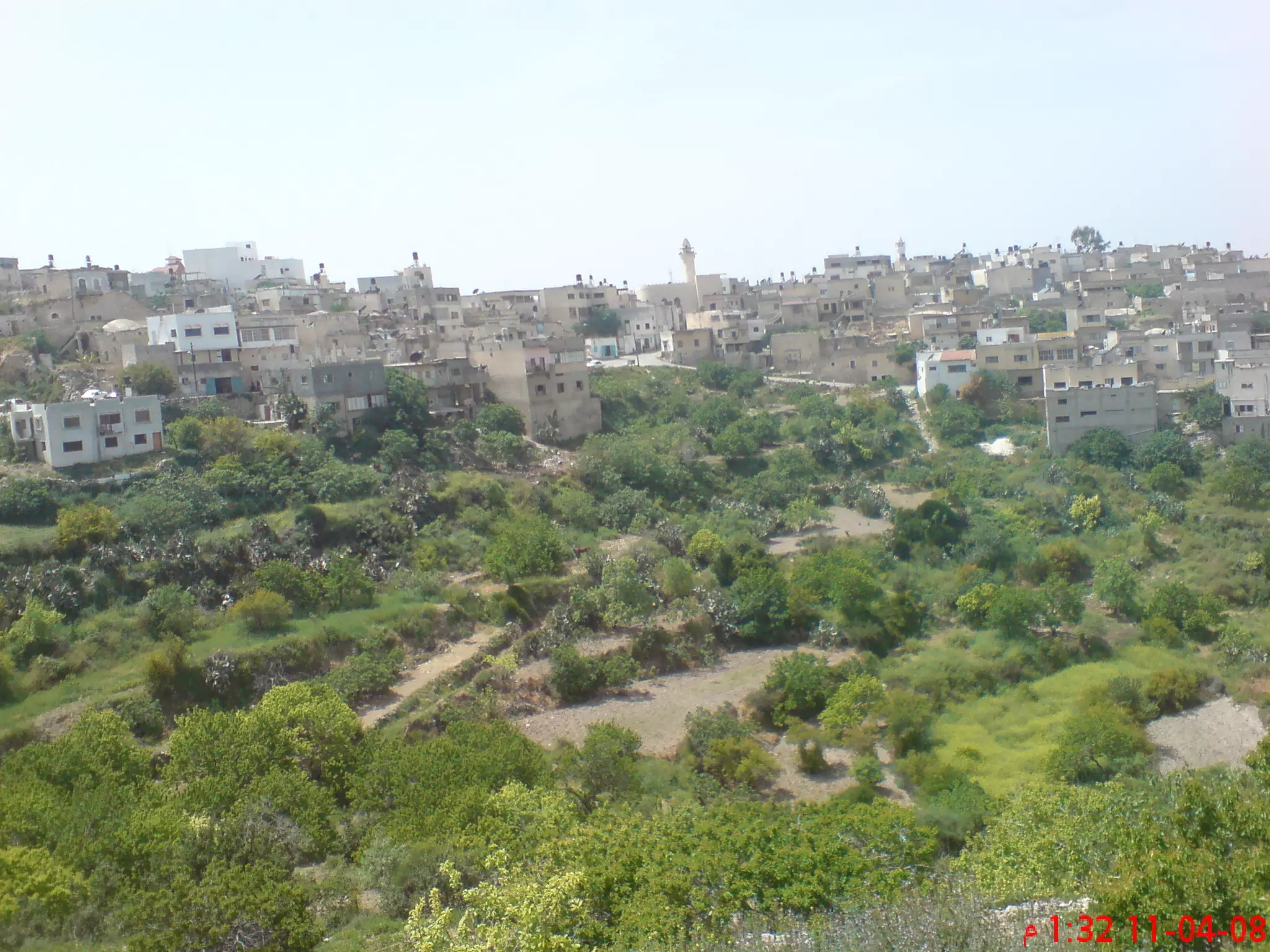WHERE DO I FIT?
by Rana Abdulla - Ottawa, Ontario May-1-1999
Several years after taking out Canadian Citizenship, A Kuwait-born, Palestinian origin Canadian ? at times I still find myself brooding over the issue of my national identity: How Canadianized have I become? What is a Canadian? Am I a Canadian? Where do I fit in the Canadian Mosaic? Now: a woman in my thirties, I still don’t have the answers.
On paper , everything seems simple, clear-cut. Nationality: Canadian. Country of birth: Kuwait. No identity crisis; no existential angst. Outwardly, the only signs of my foreignness are my name, which I’ve never even considered changing or anglicizing, and my accented English, a language I first learnt in Kuwait.
Never once have I regretted my decision to become a Canadian. To travel to the country of my birth, where I lived for more than half of my life, I need a visa. Officially, I am not a Kuwaiti; officially, I’m a Canadian.
In reality, though, I don’t feel Canadian or Kuwaiti in the same way I feel Palestinian, which I realized after an absence of fifteen years. I discovered that while I now inevitably see things from a Canadian perspective, I remain basically Palestinian in the way I feel, think, react. I face concerns how I perceive my place in this society and how others perceive me.
To Palestinians, however, there was something foreign about me (un je ne sais quoi) that made people ask me if I really was a Palestinian. Was it my Arabic accent grown stale and dated through disuse and lack of contact with the spoken language? No: It was something deeper than this superficial sign: I was Canadianized. I do not fit, I face a sense of displacement, a feeling of isolation in what I consider home.
But I still regard myself as a Canadianized Palestinian, not yet metamorphosed into a Canadian for I don’t feel Canadian in the same way I feel Palestinian. A refrain that keeps ringing in my mind.
Throughout the years, I’ve taken an active role in my Canadianization. No adult can undergo acculturation merely by osmosis, or against her will. The desire, the determination, the commitment, have to be there. It’s the same with acquiring a new language. No adult can ever master a new language without a persevering, painstaking, obstinate effort ? not to mention fervor, devotion, passion, obsession. In my case, both experiences have vastly expanded my horizons and enriched my life.
In my quest for this elusive, mysterious abstraction ? the Canadian soul I’ve explored the history, the geography, the arts, the literature, the economy, the political system of this country. I go on picnics on Canada Day; I wear a poppy in my lapel in November; I vote in every elections; I hold a degree from a Canadian university; I speak, read, write and understand French and English. I’ve lived and worked in Québéc and Ontario; I’ve tried unsuccessfully to become interested in hockey, curling, lacrosse; I watched the juno awards; I’m a fan of Canadian movies; I’ve traveled from coast to coast by train; I drink rye; I don’t care for maple syrup; I enjoy life in Canada. I love this country and yet, notwithstanding all my efforts, the Canadian soul continues to elude me.
THE PALESTINIAN SOUL IS PERSISTENT: the bits and pieces that form the Palestinian culture, love and longing are permanently fixed in their position in accordance with some preconceived design, and it’s this fixity, this permanence, this lack of fluidity, this foreordained positioning that separates me from my Canadianization.
The coming Canada Day I will hold an olive branch in one hand and the maple leaf in the other hand, might help me in my quest for my national identify.
In a lot of ways, I have had the opportunity to reap the benefits of two cultures: a heritage as rich as dynamic as the Arab’s, and the material well-being of the West. But sometimes the best of both worlds makes you feel you belong to neither.




Post Your Comment
*It should be NOTED that your email address won't be shared, and all communications between members will be routed via the website's mail server.